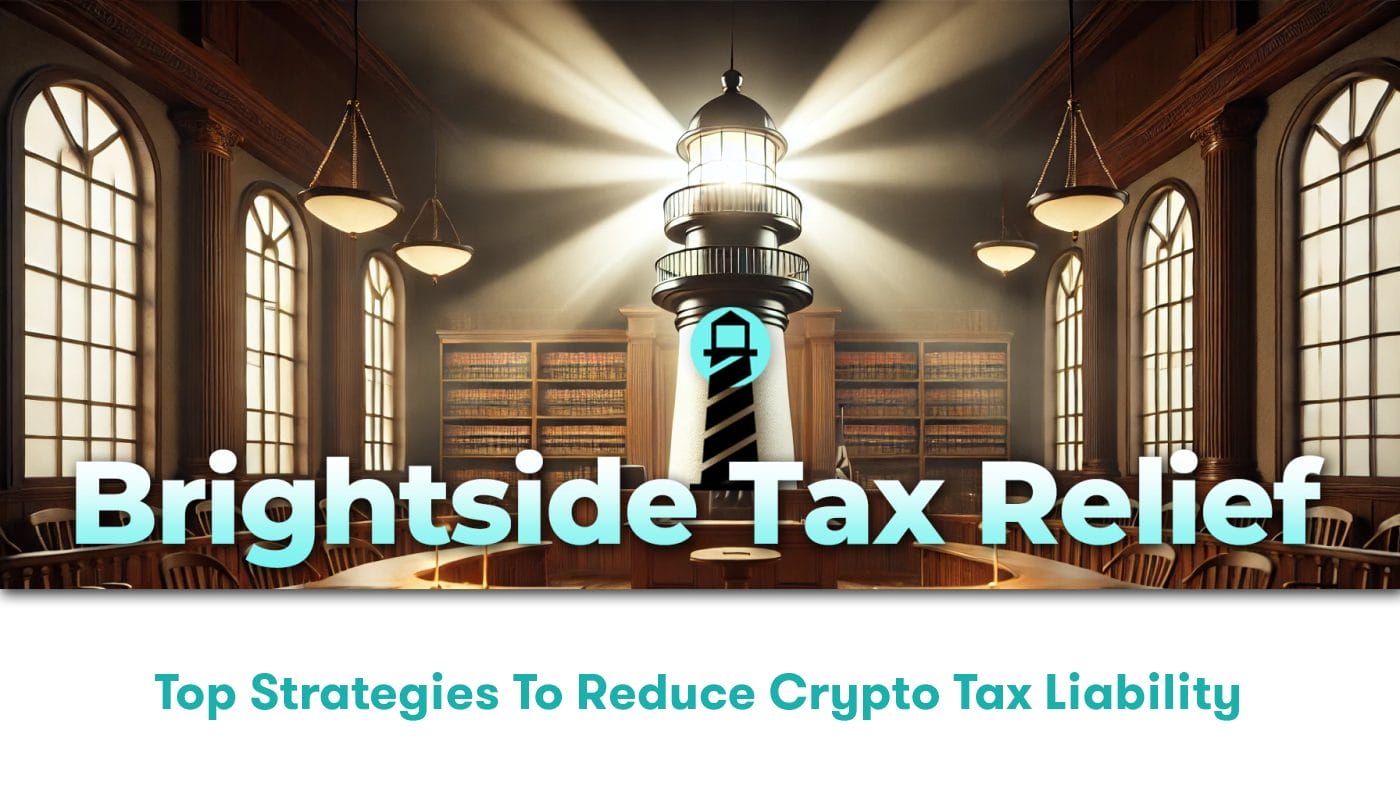Understanding Non-Resident Taxes
Non-resident taxes may pose a daunting maze of rules and regulations for those unfamiliar with the United States tax system. At Brightside Tax Relief, we are dedicated to offering assistance to navigate this complex procedure. From identifying your tax status to explaining the unique tax laws pertinent to non-residents, we strive to provide comprehensive insights into the intricacies of non-resident taxes.
Non-Resident Or Resident Alien Status
Your tax obligations in the United States are significantly influenced by your residency status. According to the Internal Revenue Service (IRS), non-resident aliens are those foreign individuals who fail to meet either the Green Card Test or The Substantial Presence Test. Subsequently, they are only liable to pay tax on their income from U.S. sources. Alternatively, resident aliens, whether permanently residing or transient, have to pay taxes on their worldwide income, analogously to U.S. citizens.
For a more detailed understanding of your tax status, consult the IRS’s comprehensive guidelines with a focus on Non-Resident Taxes.
How Non-Residents Are Taxed
The U.S. taxation system for non-residents is grounded in the principle of source – income is taxed where it is earned. Non-residents must report and pay taxes on any income generated within the U.S., including but not limited to salaries, wages, and rental income.
Here are the key points to note:
– Non-residents are taxed only on their income derived from U.S. sources.
– Non-residents must file a tax return if their income exceeds the exemption limit established by the IRS.
– Non-residents can claim allowable deductions and credits to reduce their taxable income.
Understanding Tax Exemptions, Deductions, and Credits
In many ways, the computation of non-resident taxes parallels that of U.S. residents. Non-residents can benefit from the personal exemption, which reduces gross income to a ‘net’ taxable income. Also, specific deductions and credits can further offset the tax liability, such as the standard deduction, the foreign tax credit, and the credit for childcare expenses.
However, restrictions apply. For example, non-residents aren’t eligible for the standard deduction, and the types of income classified as ‘effectively connected’ are restricted. Additionally, various other qualifications and limitations could apply based on the non-resident’s situation, which complicate the tax filling process.
Filing a Non-Resident Tax Return
Non-residents must complete and return Form 1040NR or 1040NR-EZ. A crucial consideration in filing these forms is the accurate reporting of ‘U.S. Effectively Connected Income’ and ‘Fixed, Determinable, Annual, or Periodical (FDAP) income’. A failure in correct reporting can result in penalties.
In addition, here are a few more factors to consider while filling out tax forms:
– Non-residents must have a valid Individual Taxpayer Identification Number (ITIN) or a Social Security Number (SSN).
– Non-residents should ensure they accurately report and distinguish between effectively connected income (ECI) and FDAP income.
– If non-residents earn income that is not subject to withholding, it is their responsibility to make payments throughout the year or be subject to penalties.
Double Taxation and Tax Treaties
A relevant concern for many non-residents earning in the U.S. is the prospect of double taxation. Aptly, the U.S. has tax treaties with numerous foreign countries to avoid this issue. Each country’s treaty specifies the tax procedures and benefits available to non-residents from that country, including reduced rates or exemptions from U.S. taxes for certain types of income.
Seeking Professional Assistance
Non-resident taxes can be both tedious and intricate. Without proper understanding and guidance, non-residents can easily miss out on potential tax benefits, or worse, find themselves in violation of U.S. tax laws. Consulting tax relief experts like Brightside can provide clarity and assurance. We provide comprehensive services to guide our clients through these complexities.
This rewarding journey from understanding your alien status to double taxation and the benefits of tax treaties is sure to leave non-residents in a better position to comply with U.S. tax laws and maximize potential tax benefits. Remember, when it comes to taxes, knowledge is power. Hence, do not hesitate to find an experienced tax relief company to clarify this process and protect your fiscal interests.






